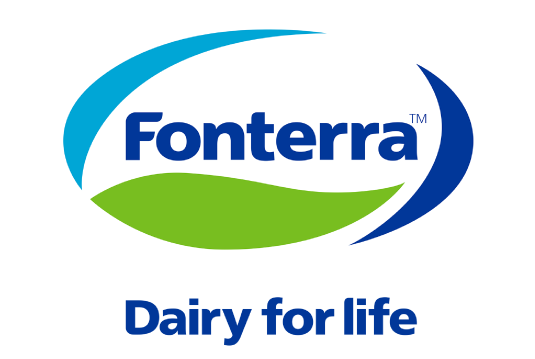I was born and bred in Rotorua, but I was also raised in a small town called Murupara for about four years where my dad was a policeman.
I was brought up in a Māori household with Māori values at the forefront of everything we did and having a real deep connection to our pā (our village) to where we're from.
My dad’s English and Finnish and my mum is Scottish and Māori, so we've got a kind of unique gene set if you will. We really, really love all the parts that make up who we are, and we acknowledge all of them. But for us, Māori definitely is how we were brought up. It’s embedded into everything that we do and it's who we are.
So when people ask who are you? I first and foremost say I'm Māori, and I'm a woman.
Being Māori is my pride, but being a Wāhine Māori comes with its own challenges. I recognised from an early age that there aren't enough seats for Māori on high decision-making tables, and I knew that I wanted to either be in a position myself or help other Māori to be in positions where we were not only invited to sit at the table, but the obstacles that were in the way of that were removed as well.
Student body politics was a big passion of mine during university. I was the President of Te Mana Pakihi, the Māori Commerce Students Association in 2020 and then President of the Māori Students Association for the entire University of Auckland 2021. I’m also currently a Board of Director for YWCA Aotearoa - a women’s charity group. We run The Y25 programme which supports young women and non-binary people to do incredible things in their communities.
I strive toward equitable outcomes for Māori, and especially for Wāhine Māori, in everything I do.
From my own lived experiences, I know not everything is equal, and not everything is fair. So in order to approach something equitably, one has to be inclusive and very mindful of longstanding inequities of race and gender. An equitable approach requires a conscious shift of power to people whose voices have often been oppressed.
I embrace equity by living authentically with deep empathy for others. I embrace equity sometimes by speaking up, and other times by keeping quiet and amplifying the voices of others who have been excluded from these conversations.
My ultimate role model is my Māmā. She, to me, epitomises what it is to be a Mana Wāhine. She is strong, she is sensitive, she is divinely feminine, and masculine, and she raised my siblings and I not to look for external validations of self-worth.
In the words of Queen Bee, “who runs the word? GIRLS.”


